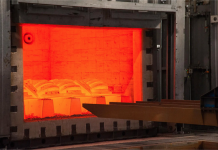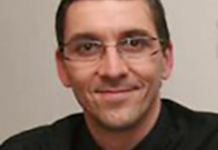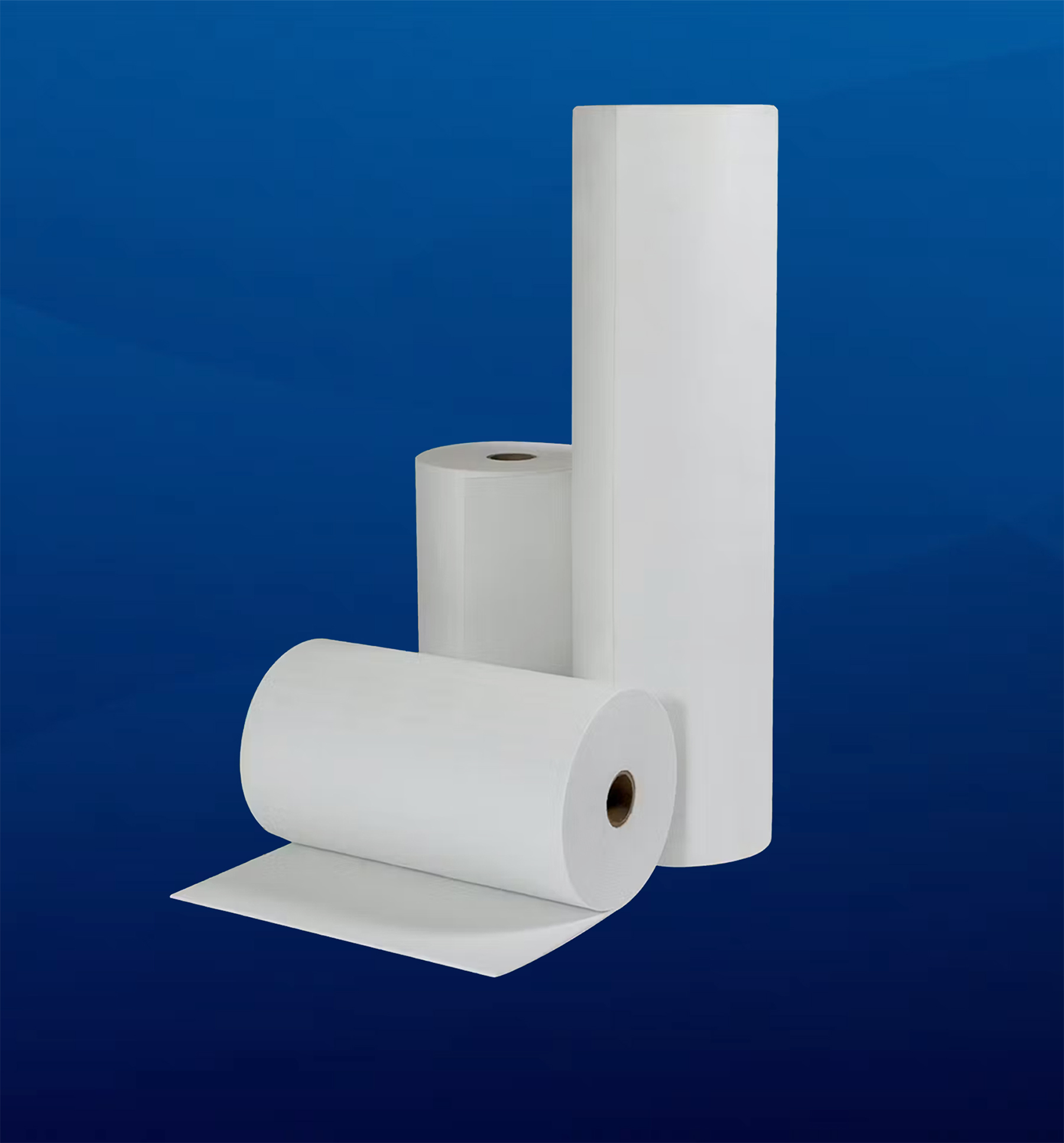SGL Group
We are SGL Group – The Carbon Company, one of the worldwide leading manufacturers of carbon-based products.
We have an in-depth materials, production, applications and engineering expertise, a comprehensive graphite and carbon fiber based product portfolio, and an integrated value chain from carbon fibers to composites. We operate close to our customers through a global sales network and state-of-the-art production sites in Europe, North America and Asia.
With this Broad Base, we offer Best Solutions to our customers with the help of our Company philosophy of SGL Excellence.
Wide Range of Carbon Based Products
SGL Group has a comprehensive product and technology portfolio that focuses on four fields of carbon – coarse-grain graphite, fine-grain graphite, expanded natural graphite, as well as carbon fibers and carbon fiber composites.
Carbon materials exhibit unique properties such as good electrical and thermal conductivity, heat and corrosion resistance, low friction, and reduced weight while at the same time maintaining high strength. Due to the shortage of energy and raw materials, our high performance products made from carbon are in increasingly high demand in industries. They also play a progressively important role in everyday life, thereby substituting traditional materials.
Cathodes and Furnace Linings
Both, cathodes for the primary aluminum industry and furnace linings for the iron & steel industry are investment goods. Hence, our commitment to top quality is deeply incorporated in all steps along the value chain.
SGL Group is the only independent cathode producer offering all types of cathode materials, ranging from amorphous carbon to graphitic to graphite. This allows SGL Group to cater optimally to the specific needs of its customers in the primary aluminum industry.
SGL Group is the only furnace linings producer providing the complete range of carbon, supermicroporous, and graphite materials to ensure a long campaign life of the blast furnaces irrespective of the lining concept.
Carbon Fiber-Reinforced Carbon and Felt
SGL Group’s fiber based materials carbon fiber-reinforced carbon (C/C, CFRC), rigid and soft felt prove themselves with their oustanding technical properties. With our valuable specialist know-how, our long-standing application expertise, and the consistent high quality and performance of our products we develop innovative tailored solutions. Challenge us. We are there for you worldwide.
Our C/C products are marketed under the trade name SIGRABOND®, our rigid and soft felt products under SIGRATHERM®. Specially developed soft felt for energy storage applications, the so called battery felts, are offered under the SIGRACELL® brand.
Composite Components
For many years, we have supported leading companies from aerospace, automotive, and other industries with our innovative composite components and comprehensive know-how, ensuring a consistently high standard of quality in the development of fiber-reinforced composite components.
Charging elements and charging systems for high-temperature furnaces:
Charging frames, charging plates, sintering plates, charging elements and charging posts
SIGRABOND® Performance charging plate system with higher stiffness
Our system components for furnace construction like charging frames, plates, and elements as well as posts and semi-finished products are manufactured from the heavy duty, temperature resistant fiber-composite material SIGRABOND.
Our SIGRABOND charging systems are used for a wide range of applications:
- Gas carburizing
- Vacuum brazing
- CVD/PVD coating
- Sintering applications
- Heat treatments of all kinds in vacuum and inert gas atmospheres
We provide tailor-made solutions for customer-specific applications: We optimize our SIGRABOND charging systems to meet our customers’ individual requirements, such as multi-level structures or special work piece arrangements.
Our engineering expertise and years of experience in the configuration and design of charging systems help us find the best solutions for our customers. To accomplish this, we use the finite element method and cutting-edge laboratory equipment, as well as state-of-the-art CAD modeling programs and load calculation simulations.
We offer a special material for processes using oil quenching hardening since they should not have open pores. SIGRASIC, our special ceramic made of carbon fiber-reinforced silicon carbide, is specially designed for this demand. This material combines the benefits of ceramic with the favorable characteristics of carbon fiber material. SIGRABOND Performance is equally well-suited for this purpose with its high fiber content and low porosity.
Charging systems made of our SIGRABOND carbon fiber-reinforced carbon display important advantages in comparison with high temperature steel, molybdenum or nickelchrome alloys, especially in high temperature applications:
- Increasing strength with rising temperature
- Greater thermal stability and resistance to thermal shock
- Significantly longer service life
- Lower density
- Considerably less weight
- Automated loading possible
The material’s increased strength at rising temperatures and outstanding resistance to embrittlement markedly extend the material charging system’s service life and reduce maintenance expenses. Moreover, its high heat resistance in conjunction with the characteristic low density of fiber-composite materials allows streamlined design for lightweight structures, even under great stress.
The result: up to 100% greater load capacity, shorter process times and reduced energy expenses. The low weight also makes charge carriers easier for a single person to handle.
Our SIGRABOND charging systems do not show any signs of material fatigue or warping – even after hundreds of furnace cycles. The tool holders can be mechanically loaded and unloaded for years and years without problems. Time-consuming and expensive manual adjustment work is eliminated, scrap expenses are reduced, and productivity and cost-effectiveness are increased.
Components made of fiber composite materials do not break abruptly under stress the way ceramics do. Neither do they exhibit the plastic behavior of metals when stressed beyond the elasticity limit. At first, only a few fiber strands in the C/C will tear under stress. Full failure will only occur when the material is subjected to further stress.























